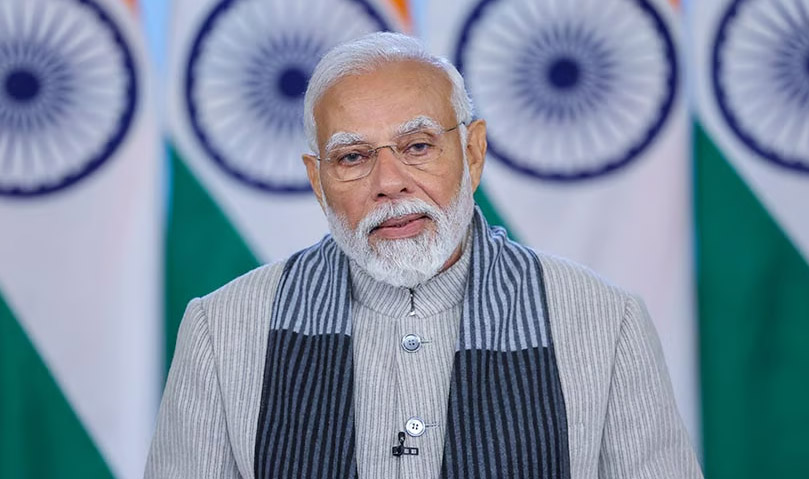Leaders of the Muslim group strongly opposed the current judgment by the Varanasi courtroom, which allowed Hindu worship within the basement of the Gyanvapi mosque.
Expressing deep disappointment, they raised issues about potential judicial backsliding towards rules of justice, secularism, and constitutional values.
Maulana Khalid Saifullah Rahmani, President of All India Muslim Private Board, criticized the Varanasi courtroom for allegedly disregarding the pleas of the Muslim group and different spiritual teams.
He labeled the judgment as “hasty” and accused the courtroom of overlooking proof, information, and the Locations of Worship Act, 1991, which prohibits the conversion of anywhere of worship.
Rahmani warned that not upholding the Locations of Worship Act might result in related episodes triggering communal conflicts.
He expressed concern concerning the judiciary probably aligning with the federal government’s majoritarian agenda.
Syed Arshad Madani, President of Jamiat-Ulama-i-Hind, pointed to the Supreme Courtroom’s verdict on the Babri Masjid web site as a precedent that empowered Hindutva forces to say Muslim locations of worship.
He questioned the route the nation was taking and steered that the British-era tactic of “Divide and Rule” continued in India.
Malik Mohtasim Khan of Jamaat-e-Islami expressed a lack of religion within the judiciary and administration, highlighting the swift facilitation of Hindu prayers within the Gyanvapi mosque’s cellar after the courtroom order.
He emphasised the necessity for oppressed people to attraction to the courts and criticized the judiciary for not intervening within the Gyanvapi mosque matter.
Regardless of previous appeals for persistence and peace, Khan warned that continued injustice would possibly check the Muslim group’s persistence, resulting in penalties for each the group and the nation.
N.A. Farooqui from the All India Muslim Private Legislation Board lamented the dearth of intervention by increased courts, suggesting that decrease courtroom judgments might basically alter the nation. He highlighted the notion that the courts have been succumbing to the notion of “May is Proper.”
The Muslim leaders’ condemnation of judicial inaction contrasts with their response to the 2019 Supreme Courtroom’s judgment on the Ram Janmabhoomi-Babri Masjid case.
Beforehand accepting the choice, current courtroom reversals and aggressive plans to encroach upon mosques have led them to criticize the judiciary for the primary time.
In a joint assertion, the leaders expressed shock and disappointment on the Varanasi district choose’s choice.
They questioned the reliance on an allegedly incorrect argument about worship within the Gyanvapi mosque’s basement till 1993 and criticized the administration’s expeditious execution of the courtroom’s order.
The leaders raised issues concerning the unilateral disclosure of an Archaeological Survey report by the Hindu facet, labeling it an unconfirmed declare inflicting turmoil in society. They emphasised the necessity to safeguard the correct of the mosque to hunt aid from the Excessive Courtroom.
Describing the courts because the “final resort for justice” in a democracy, the Muslim leaders warned of a possible “majoritarian judiciary.”
They appealed to constitutional officers to make sure the impartiality of the judicial system and sought time to speak their sentiments to the President of India and Chief Justice of India.
#Muslim #Leaders #categorical #concern #emergence #majoritarian #judiciary
Kashmir Tourism
Kashmir News
Source Link



